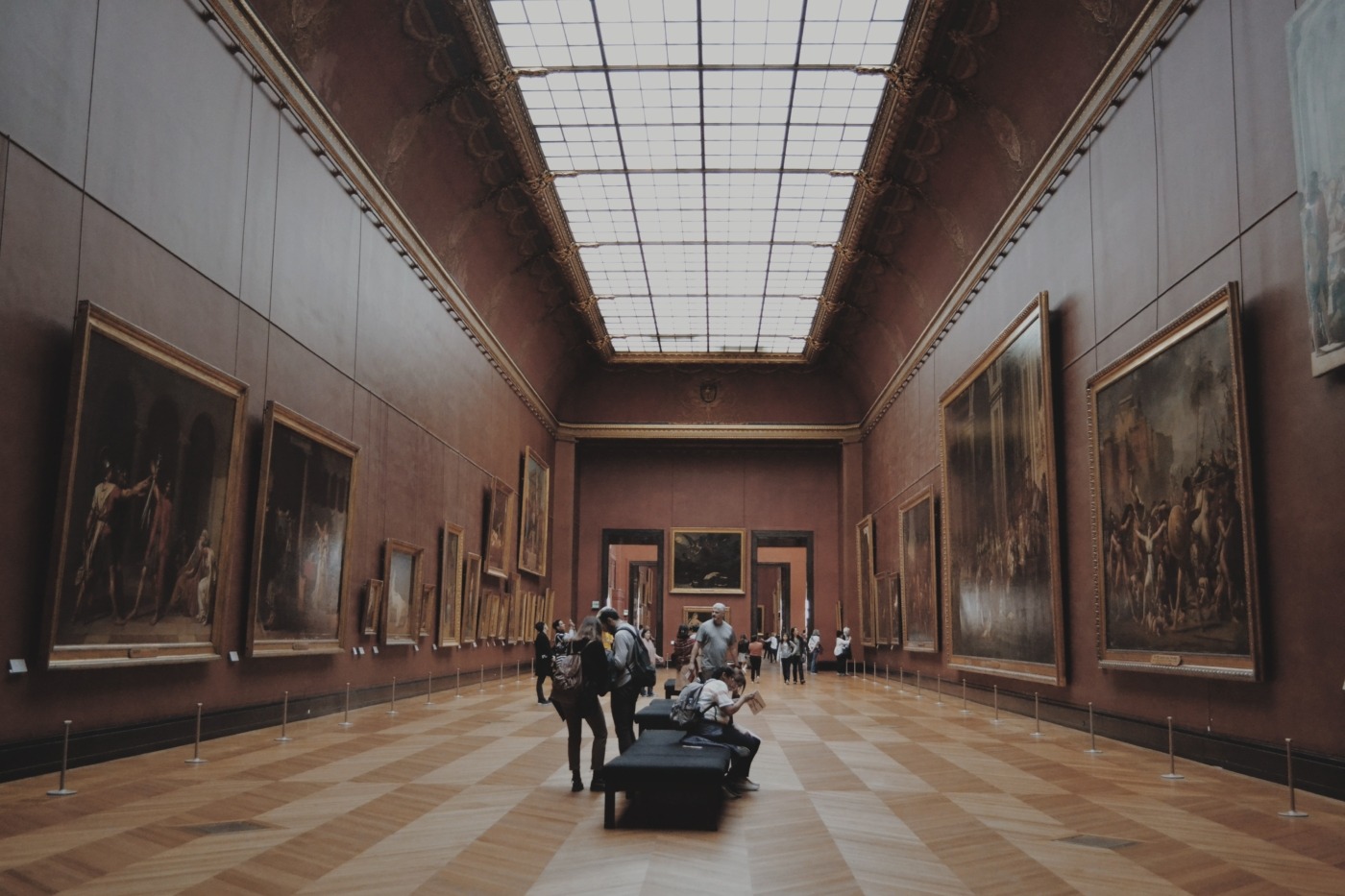Sackler and the Met: erasing history or being held accountable?
A blazing debate over public names and honours, provided fresh kindling by the toppling of statues during the Black Lives Matter movement, has swept the gallery and museum world over recent years.
But unlike Edward Colston, Frank Rizzo, David Hume, Woodrow Wilson, and Thomas Jefferson, all of who have seen their names and likenesses removed or threatened by activists in recent years (with varying degrees of justification or no justification at all, depending on one’s personal opinions), Theresa Sackler is still alive at 72.
According to the Sunday Times, the Sackler name is set to be removed from the Metropolitan Museum of Art (the Met) but is going to remain at the British Museum, the Victoria and Albert Museum, and the Tate Modern among other locations.
Even those normally predisposed to denouncing “cancel culture” are unlikely to sympathise with the Sacklers
Theresa Sackler had been a board member of Perdue Pharma, founded by the Sackler family including Mortimer, Raymond, and Arthur Sackler. The company, creator of OxyContin, has donated some 80 million to the arts. It has also played a role in the addiction of millions of Americans to dangerous drugs.
Even those normally predisposed to denouncing “cancel culture” are unlikely to sympathise with the Sacklers, whose toxic products cut through post-industrial America like a scythe.
Rural Appalachia in particular became a victim of OxyContin, a drug marketed as safe despite the company’s knowledge of its devastating addictive potential. The Sacklers’ company played regulators, doctors, and medical journals to allow them to become drug lords presiding over an empire built on what an American attorney described as “the crack of southwest Virginia.”
The addictions, which begin by taking prescription opioids, can end in the consumption of drugs of escalating intensity, and sooner or later, death. Almost 3 million Americans are addicted to opioids, and more than 500,000 people have died of opioid overdoses. Between April 2020 and 2021, more than 100,000 people in the US died of an overdose.
A heuristic rule about removing public honours – statues, plaques, and names – of those that have committed egregious crimes is arguably impossible to determine
A heuristic rule about removing public honours – statues, plaques, and names – of those that have committed egregious crimes is arguably impossible to determine. Art objects themselves are historically more often than not commissioned by a society’s ruling class, usually complicit in war, slavery, and crimes that make even the mass doping of working-class Americans appear innocuous by comparison.
In the British Museum, the Sackler name can be located near the remains of Ancient Egyptian Pharaohs who themselves commandeered thousands to sacrifice their own lives to build elaborate tombs.
One asks why people like the Sacklers donate millions to institutions such as the Tate and the Victoria & Albert, and the reason mirrors that of the Pharaohs, the Carnegies, the Roosevelts, or other moguls, despots, and democrats alike that throughout time, have built material and historiographical monuments to themselves. To ensure the memory of them lasts generations or even millennia, ideally in a manner that makes them appear heroic, or at least generous.
If justice is to be truly served, names should not be erased in the public mind but instead remembered – as a symbol representing the damaged condition of 21st century U.S. society
It is a power that appears at times to extend beyond even that of capital and wealth itself. Touring the British Museum this autumn, Rishi Sunak presented a deficit scenario, I initially thought he appeared ridiculous – just sell off a wing of the museum and pay UK PLC’s debts for a century.
Almost immediately, though, I considered this idea itself absurd, and not only because of realities around who actually owns the objects in the museum, but because they are priceless. Auctions such as Art Basil already generate huge sums selling new art by prestigious names. John Dee’s alchemical instruments and the Rosetta Stone cannot be valued in mere dollars.
But if control of memory and history provide a special value, the revisionist debates around slavery and colonialism are in and of themselves a signal that names and memorials can act as a call to action as much as an eternal tribute. I saw the Sackler name visiting the Museum again last month, and upon glimpsing it, having known the story of Perdue Pharma, silently seethed.
No matter the decisions of the Tate, the Victoria and Albert, the Met, or any other institution, the Sackler name, if justice is to be truly served, should not be erased in the public mind but instead remembered – as a symbol representing the damaged condition of 21st century U.S. society – and for their part in a crisis that is still destroying countless lives.

Comments